Food Poisoning While Breastfeeding
Food poisoning while breastfeeding. Viruses such as rotavirus can cause food poisoning. Food poisoning occurs when food gets contaminated with viruses or bacteria either through other foods touching them unsanitary cooking environments or other means. However this is not the case.
As long as the symptoms are confined to the gastrointestinal tract vomiting diarrhea stomach cramps breastfeeding should continue without interruption as there is no risk to the baby. As food poisoning is limited to your gastrointestinal system it will have no effect on your breast milk or your babys health. Sometimes eating raw food or undercooked food can also result in food poisoning.
But the good news is that breastfeeding mothers can continue feeding even when she is affected by food poisoning. The food poisoning will not pass through the breastmilk and affect your little one. You might develop food poisoning at a wrong time when you are breastfeeding your little one and this may leave you a worried mother.
Salmonella can rarely get into the bloodstream and milk but breastfeeding would still be an effective way to help protect baby. Exclusive breastfeeding protects infants against travelers diarrhea. If your child vomits again reduce feeding time to 5 minutes on one breast only every 30 to 60 minutes.
In fact a nursing mother with diarrhea believed to have been caused by food or water sources should be encouraged to increase the frequency of breastfeeding while significantly increasing her own fluid intake. Talk to your doctor to see what treatment is compatible with your nursing condition. If you have food poisoning you should know that breastfeeding is still safe.
Mercury is a naturally-occurring element in the environment and is also released into the environment through human activities such as burning coal and oil. If the food poisoning becomes Septicemia meaning it passes into your blood stream then baby does not need to breastfeed. It is recommended to consult a doctor immediately for suitable antibiotics to cure the food poisoning while breastfeeding.
The only thing you need to pay attention to is the medicine you take for your food poisoning. It stays in moms intestinal tract.
Bacteria such as E Coli salmonella and listeria can lead to the symptoms of food poisoning.
Do remind your doctor that you are. If the food poisoning becomes Septicemia meaning it passes into your blood stream then baby does not need to breastfeed. Food poisoning can occur anytime you lower down your food hygiene guards. Mercury is a naturally-occurring element in the environment and is also released into the environment through human activities such as burning coal and oil. This is the case with most occurences of food poisoning. Symptoms include nausea vomiting diarrhea abdominal pain and fever. If your child vomits again reduce feeding time to 5 minutes on one breast only every 30 to 60 minutes. In most circumstances you can and should still continue to breastfeed when sick including food poisoning. When a mom gets food poisoning the bacteria dont usually pass to baby though breast milk.
If the food poisoning becomes Septicemia meaning it passes into your blood stream then baby does not need to breastfeed. However this is not the case. It is recommended to consult a doctor immediately for suitable antibiotics to cure the food poisoning while breastfeeding. Antibiotics will help cure the symptoms of food poisoning and speed up the recovery process. This mainly occurs due to eating or drinking contaminated food. Talk to your doctor to see what treatment is compatible with your nursing condition. Sometimes eating raw food or undercooked food can also result in food poisoning.
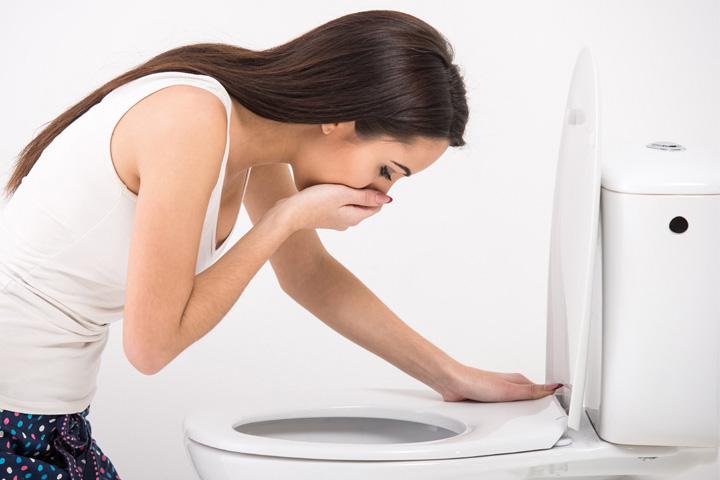

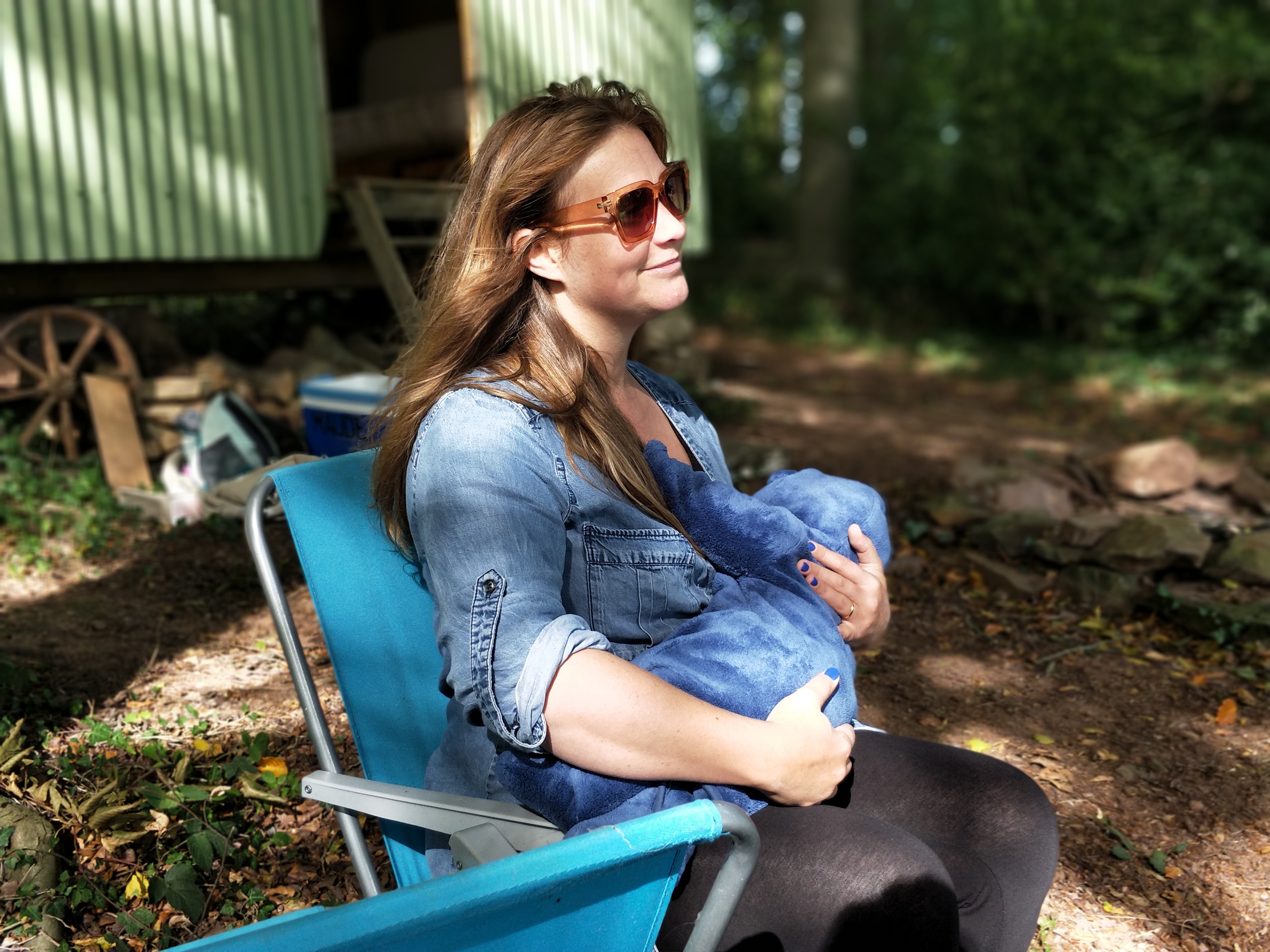
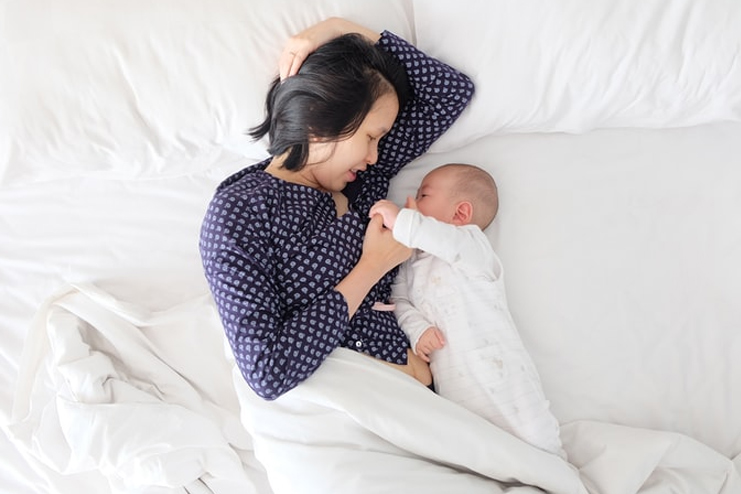

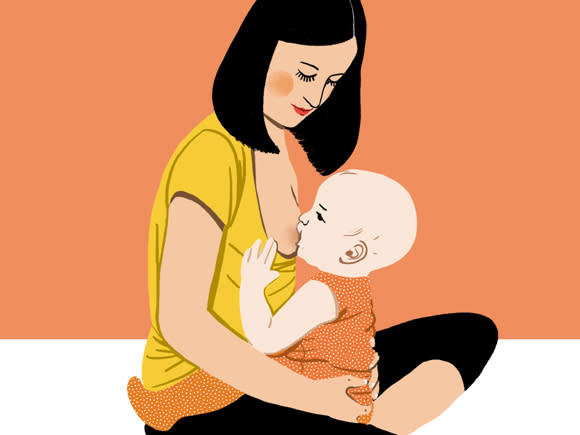
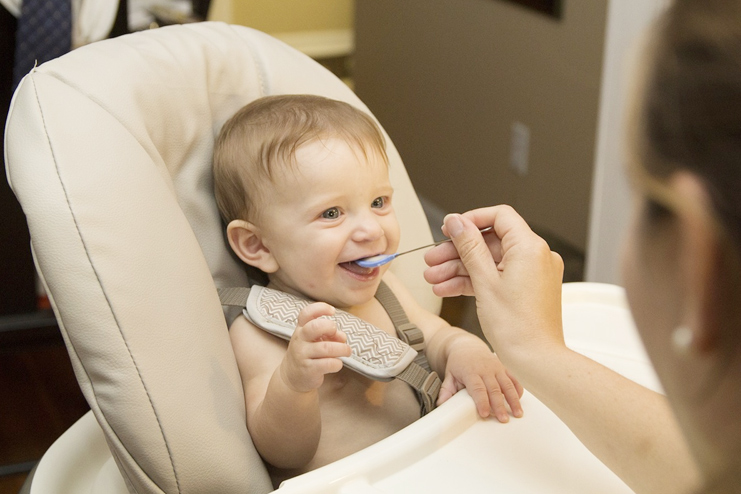

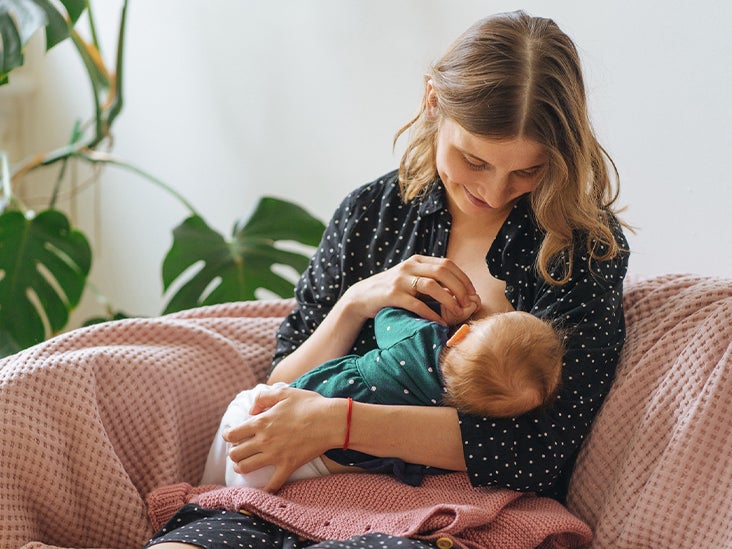
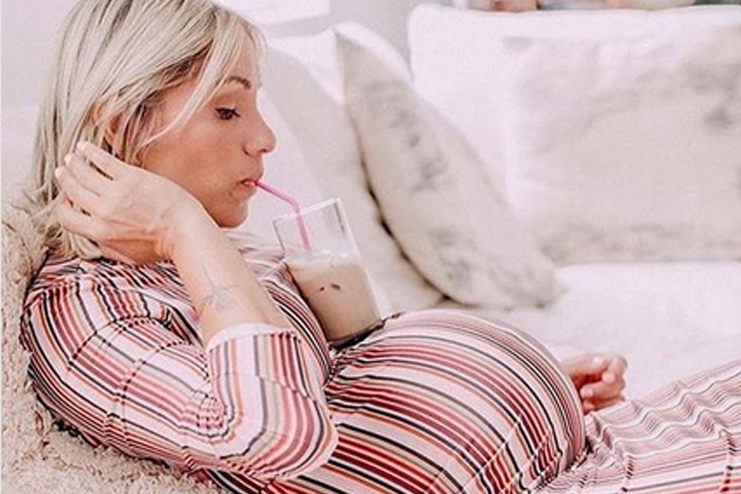
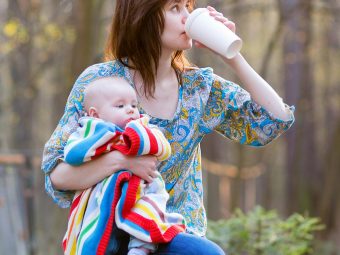

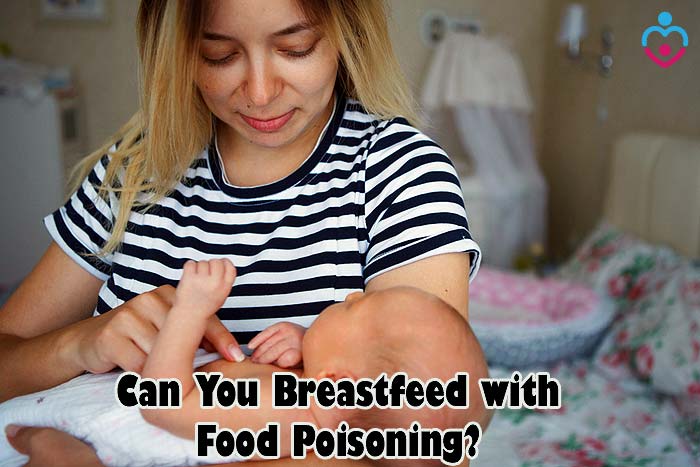







/having-breakfast-at-home-1170744205-9c23a28a00a040729b66237bf7dd226c.jpg)

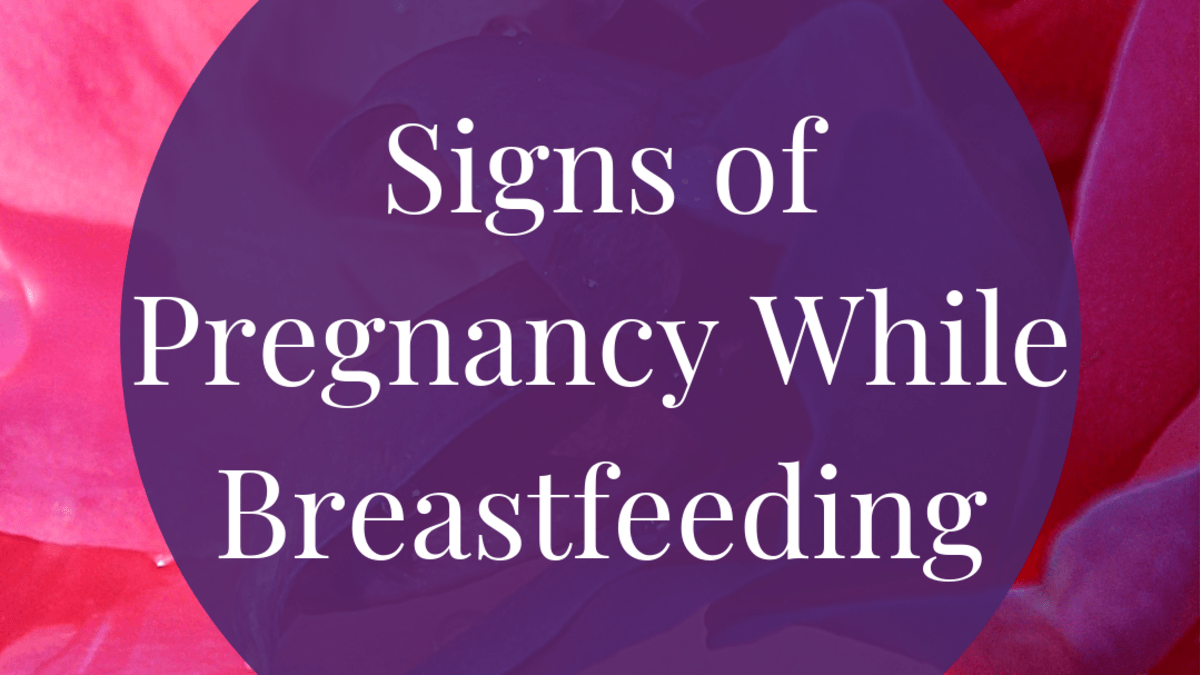
:max_bytes(150000):strip_icc()/food-poisoning-p3-1958818-v1-bb812bdaed7b4cdaa353195d261544ba.png)


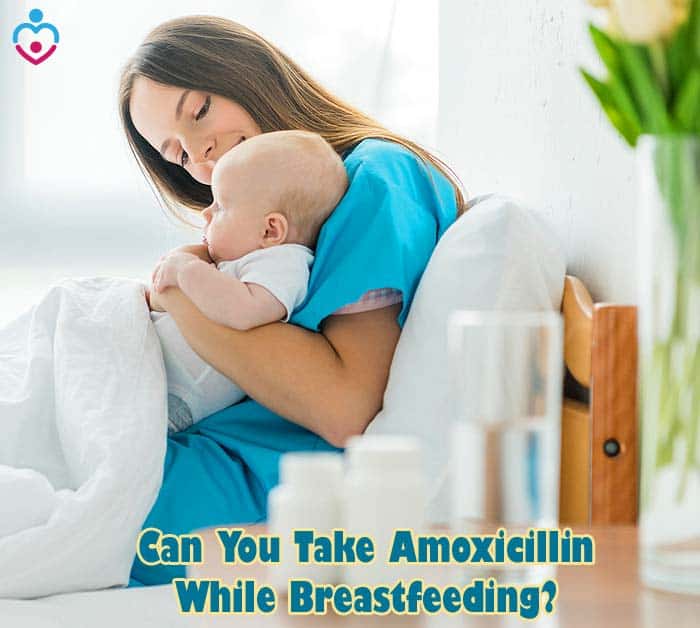

/young-mother-breastfeeding-her-little-son-1139872781-ed2bed3994214f7e90a10d2a3b70bed5.jpg)
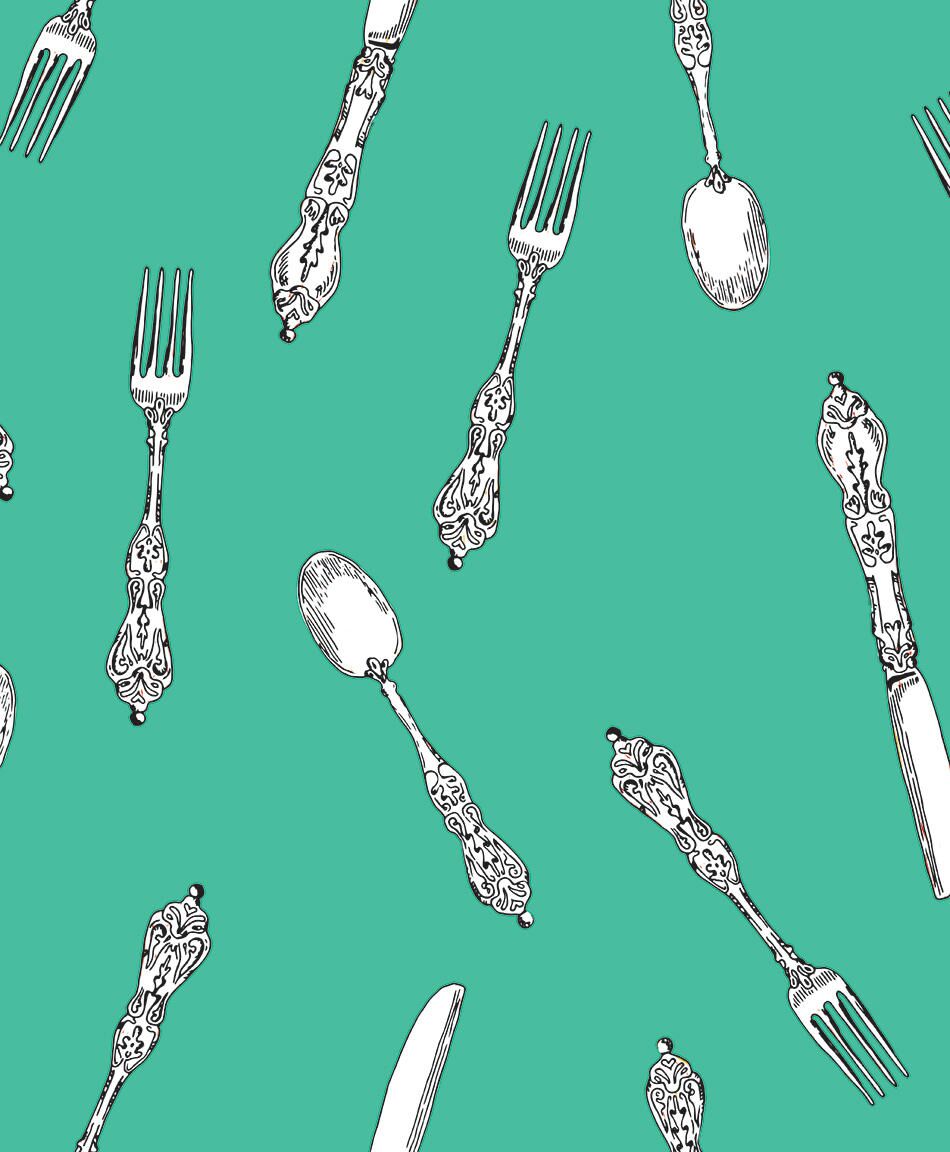


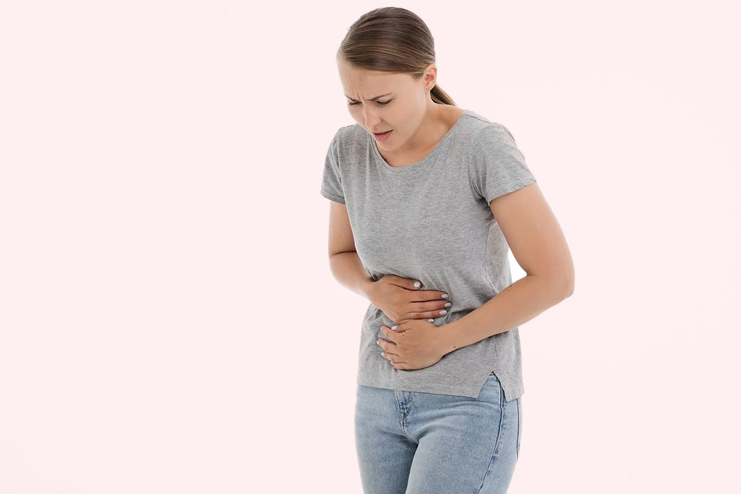
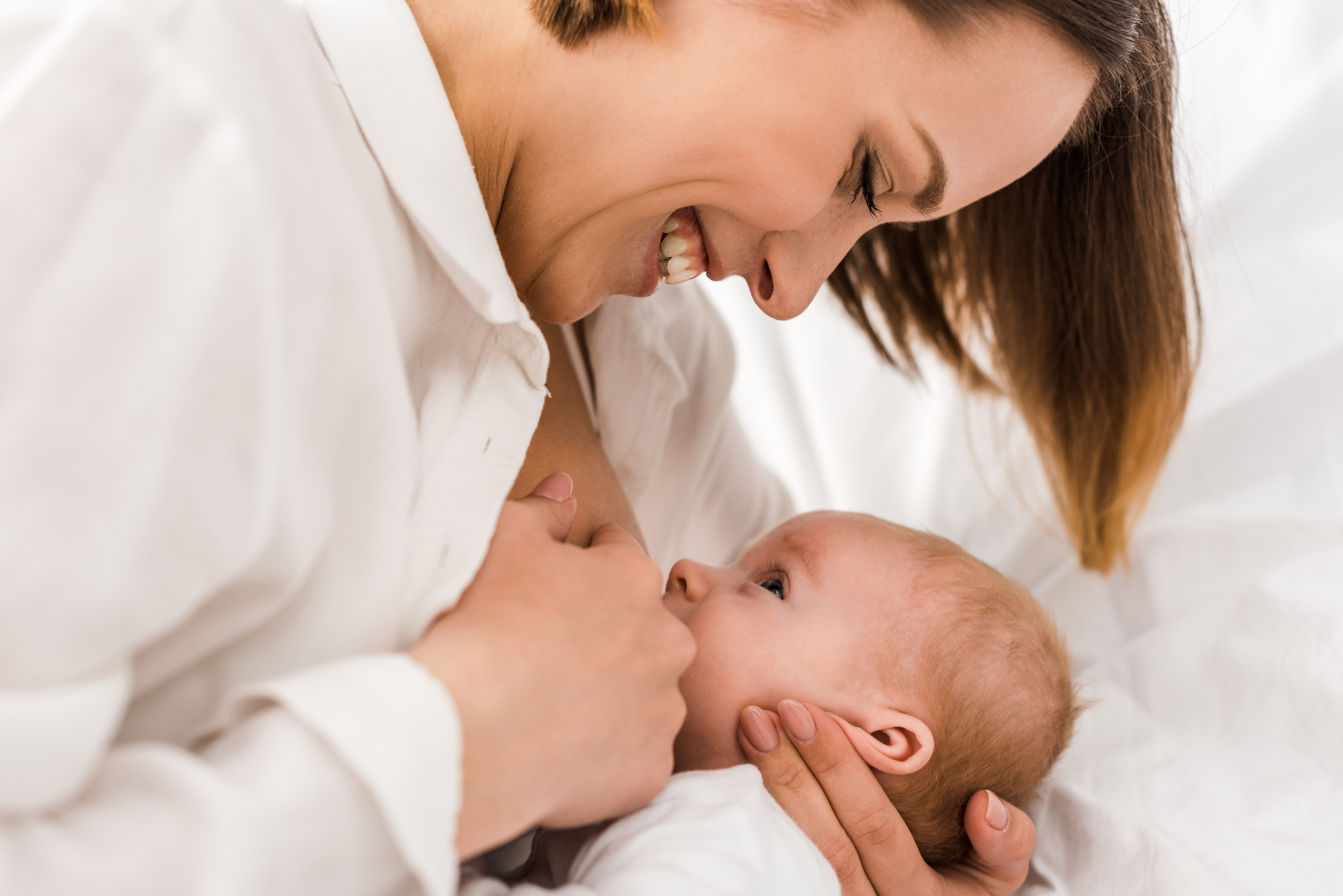
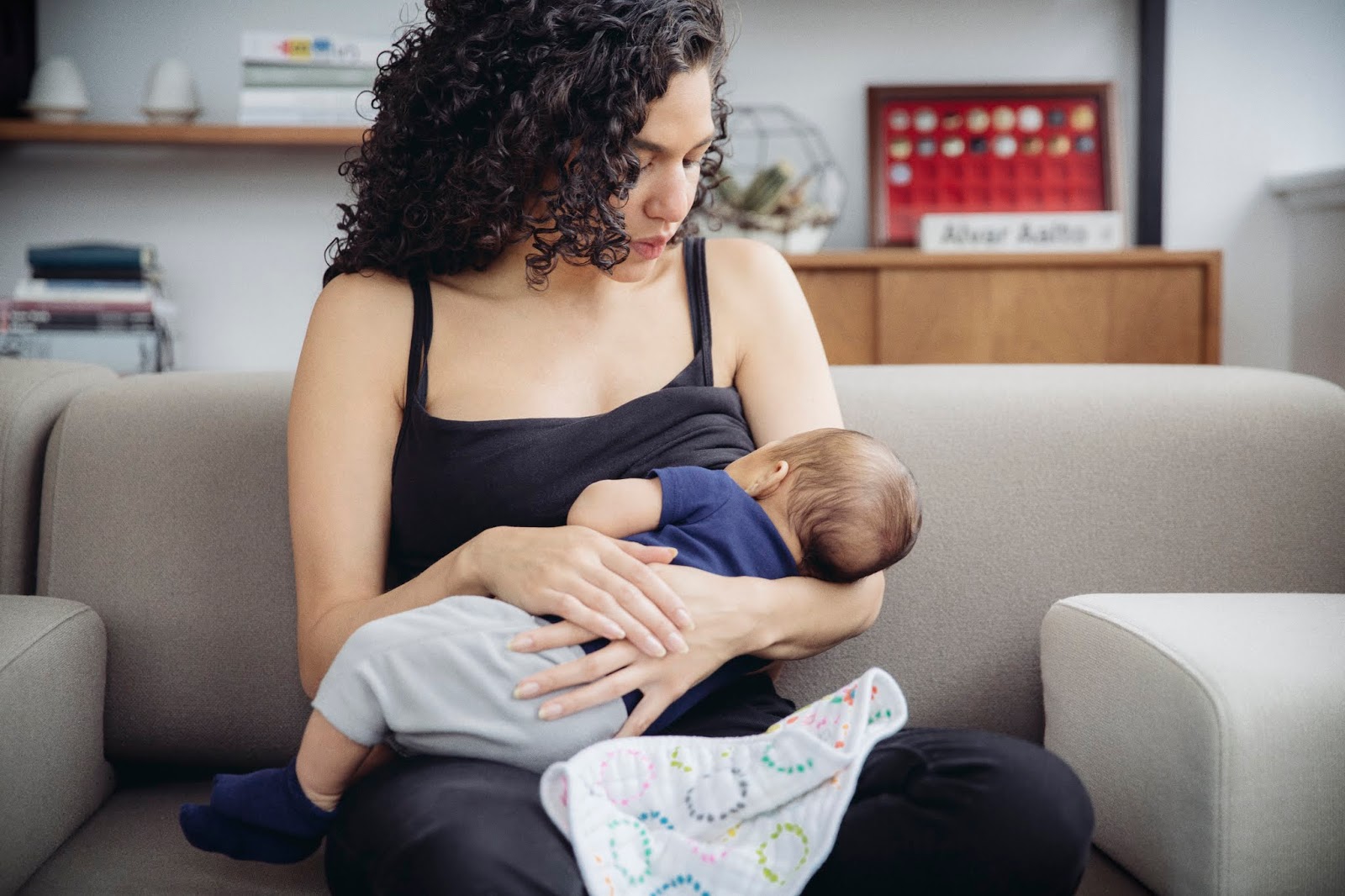
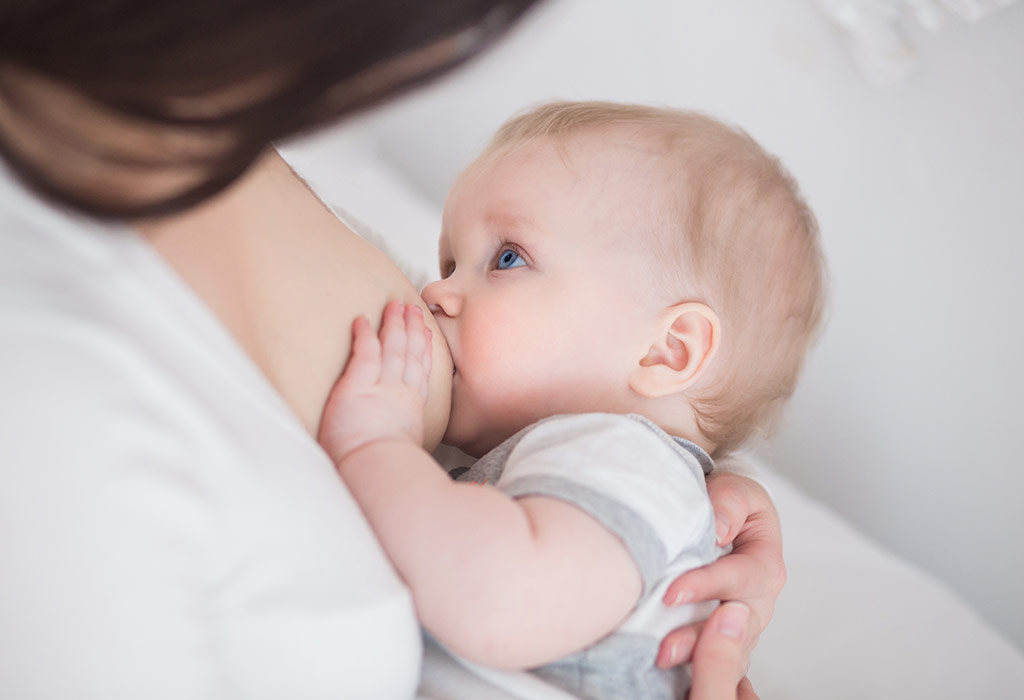
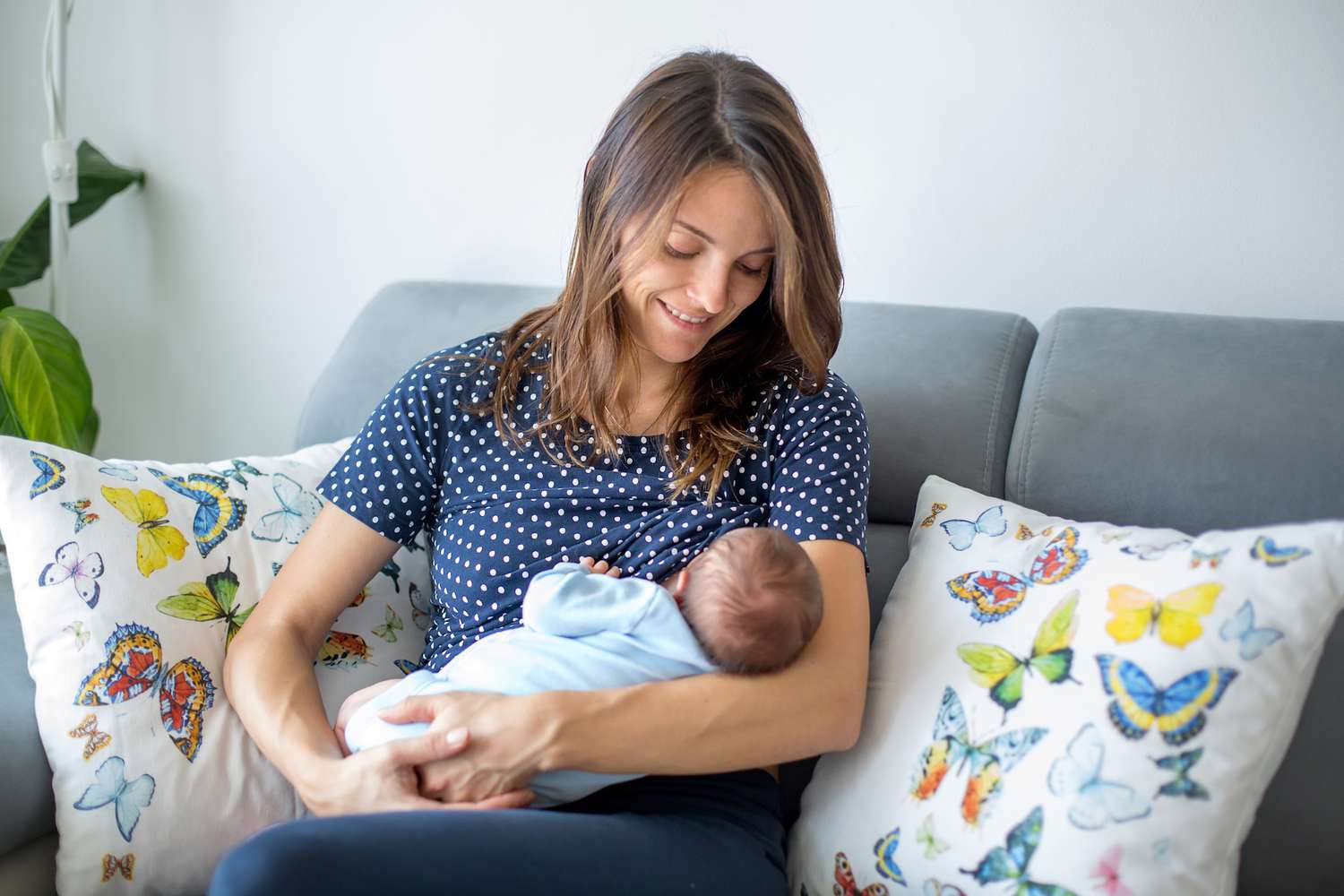



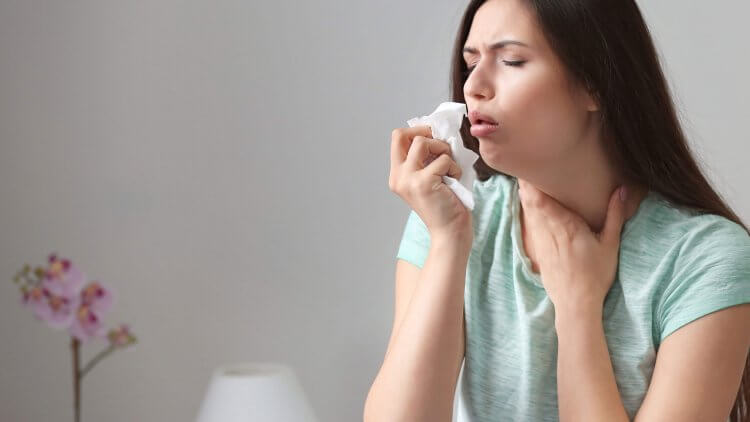
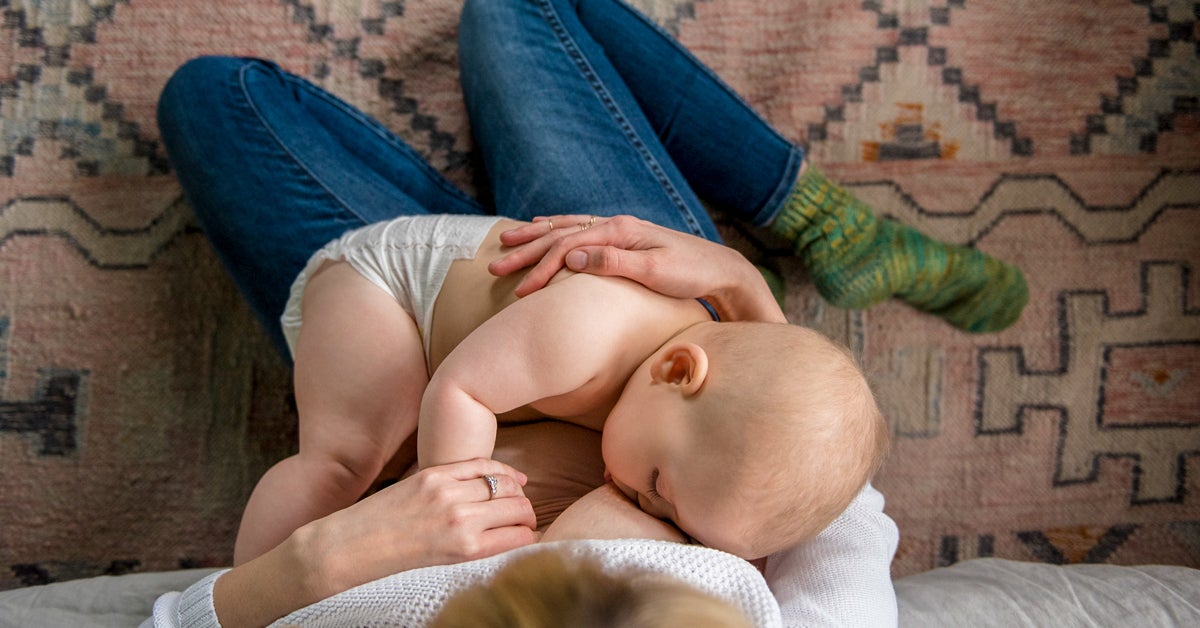


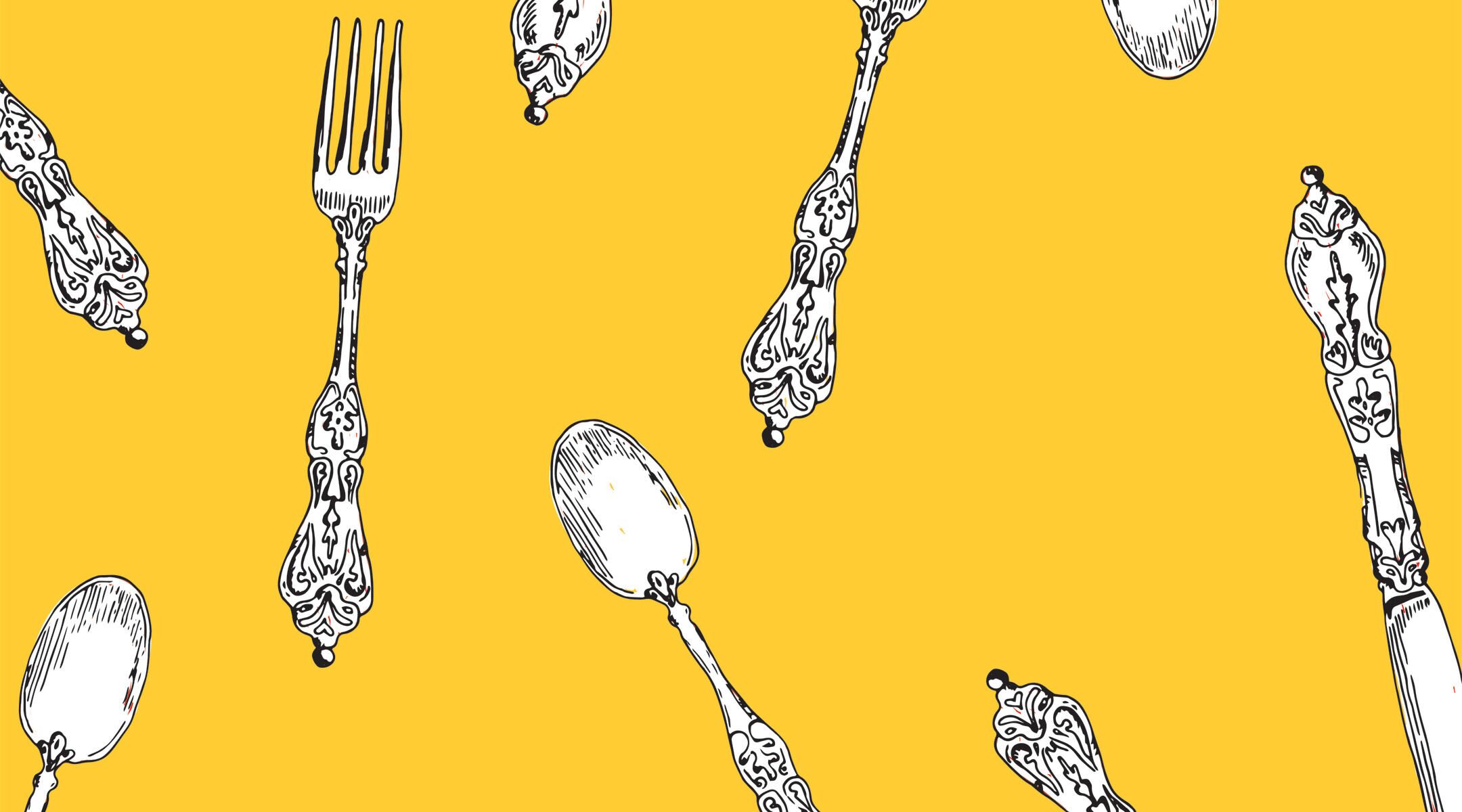

Post a Comment for "Food Poisoning While Breastfeeding"